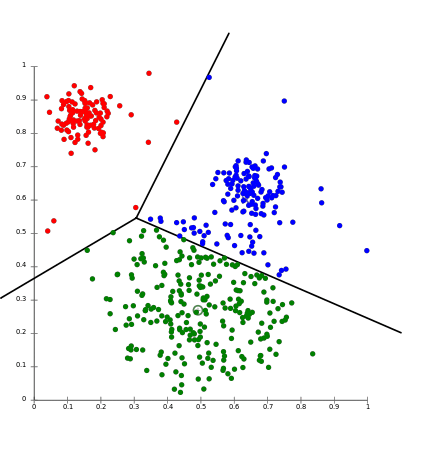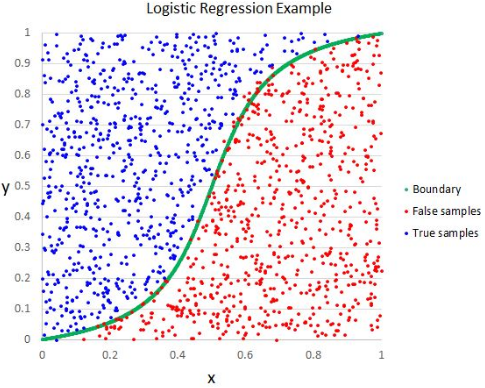Content Marketing and Machine Learning
Content is king - as the saying goes. It is true that content helps marketers to reach a greater audience, however it is increasingly difficult to compete. Machine Learning gives valuable tools in the hands of Content Marketers.

Content Marketing challenges
“Content is king” - as the saying goes. It is true that content (that is, blog posts, articles and other digital content) helps marketers to reach a greater audience, however it is increasingly difficult to compete. There are just about 1 billion websites and blog out there (almost a website for every 7 person in the planet). While is still holds true that any successfull digital marketer should publish content, the question is not, whether content should be used, but how.
Content should be:
- up to date, that is, not 2 years old, but rather a week or few days old (which also helps Google and other search engines to rank the content higher)
- Unique: Take SEO (Search Engine Optimisation) for example. Google shows lots of lots of articles that are really very similar to each other, talking about the same old SEO techniques. Wouldn’t it be refreshing to see an article that talks about new approaches to SEO? If readers could see some new ideas that were not mentioned before?
Also, a very important point is to spend enough effort on marketing your content. Creating good quality content is great but it won’t lead to more traffic and potential customers without significant number of visitors.
What is Machine Learning?
Machine Learning is the marketing term for Statistical Learning. Yes, you got it right: it’s based on stats. Machine Learning is a collection of statistical methods which go a step beyond pure statistics. They accomodate a “learning” phase where the computer can understand trends from a data set and then given a brand new data it can predict what the correct outcome should be.
Machine Learning is a vast topic that is related to Big Data.
You can learn more about Machine Learning on these links:
Using Machine Learning, a company can analyse and understand data that was not be able to make sense before. It can help marketing teams to segment their content by similar user behaviour (e.g. based on when and where content was accessed from), can identify key words to use in content and categorise content automatically.
How can Machine Learning help Content Marketing
There are virtually endless number of Machine Learning algorithms produced by academia and various organisations all around the world.
There are a couple of Machine Learning techniques that can help Digital Marketers.
K-means clustering

A clustering (segmentation) algorithm that can group similar items. It can be used to find similar content or similar users based on their behaviour, for example. This can help Digital Marketers to identify content topics to write about, or to find a customer base that is likely to engage with the content.
Online Demo: Visualizing K-Means Clustering by Stanford University
Logistic Regression

Logistic Regression is a technique to categorise data points. This can either be binary classification (ie. yes/no or other labels, such as ‘will buy’/‘will not buy’) or one that supports many values (e.g. age group of customers).
While K-means operates on similarity, Logistic Regression creates a score between 0 and 1, it then assigns this score to each observation in our data (an observation can also mean a particular customer or user for example). Then, the algorithm treats this score as a probability, how likely is it for the observed value to fall into one of the predefined categories.
Using Logistic Regression a Marketing Team can classify not only theirs or a competitor’s content (to find new topics to write about, for example), but can classify their user segment for example. Once a team is in possession of this knowledge, they can create content that reaches a wider audience.
Walkthrough: Building A Logistic Regression in Python, Step by Step

